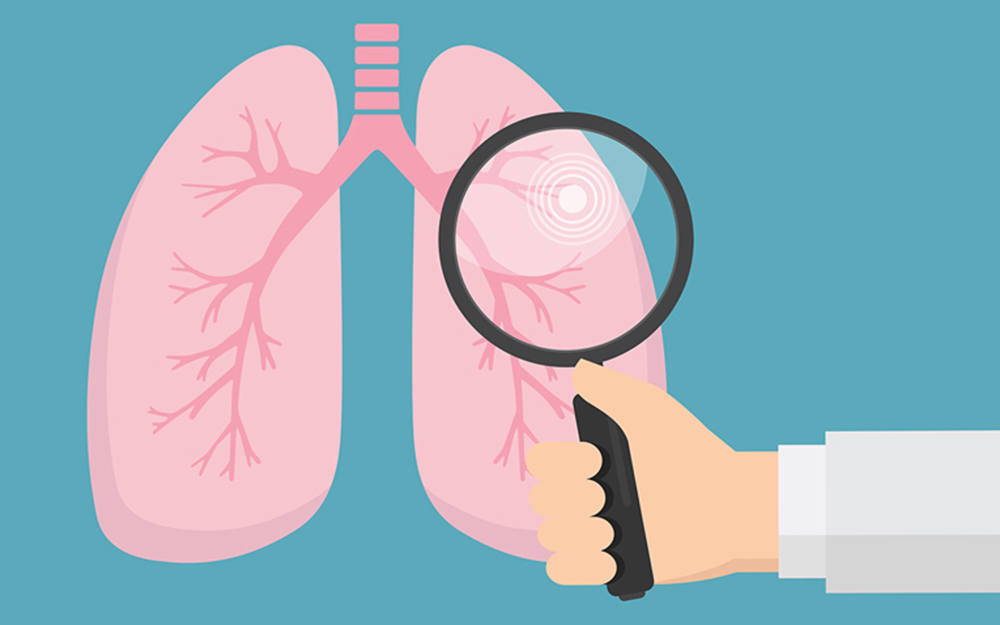- Empty cart.
- Continue Shopping
The Importance of Regular Lung Cancer Screenings for Women

Lung cancer is a leading cause of cancer-related deaths among women, second only to breast cancer. Despite the gravity of this disease, lung cancer screenings are often overlooked, especially among women. Early detection is crucial for effective treatment and improved survival rates.
The Risk Factors
Before discussing the importance of screenings, it’s essential to understand the risk factors associated with lung cancer in women. These include:
- Smoking: The most significant risk factor, although non-smokers can also develop lung cancer.
- Family History: A history of lung cancer in close relatives increases the risk.
- Environmental Factors: Exposure to radon, asbestos, and air pollution can contribute to lung cancer risk.
- Age: The risk increases with age, especially for those over 50.
Why Regular Screenings are Crucial
Early Detection
Lung cancer is often asymptomatic in its early stages, making it difficult to diagnose without screenings. Early detection significantly improves the chances of successful treatment and survival.
Treatment Options
When lung cancer is detected early, more treatment options are available, including less invasive surgical procedures and targeted therapies that can be more effective and have fewer side effects.
Cost-Effectiveness
While screenings come with a cost, they are generally more cost-effective in the long run compared to the high expenses associated with late-stage cancer treatment.
Screening Methods
Low-Dose CT Scans
The most recommended method for lung cancer screening is a low-dose computed tomography (CT) scan. This imaging test uses a low dose of radiation to create detailed images of the lungs, allowing for the detection of small abnormalities.
Sputum Cytology
This less common method involves analyzing sputum (mucus) under a microscope to check for cancer cells. It’s generally less effective than CT scans for early detection.
Molecular Testing
Emerging technologies are exploring the use of molecular markers in blood or breath samples to detect lung cancer, although these are not yet widely used for screening.
Who Should Get Screened?
Current guidelines recommend annual lung cancer screenings for individuals who:
- Are aged 50 to 80 years.
- Have a 20 pack-year smoking history.
- Currently smoke or have quit within the past 15 years.
However, if you have other risk factors, consult your healthcare provider for personalized screening recommendations.
Finally, regular lung cancer screenings are vital for early detection and effective treatment, especially for women who may be at risk. While low-dose CT scans are the most effective screening method, ongoing research aims to develop even more reliable and less invasive tests. If you fall into the high-risk category, don’t overlook the importance of regular screenings. Consult your healthcare provider to determine the most appropriate screening schedule for you. Remember, when it comes to lung cancer, early detection can be a lifesaver.








